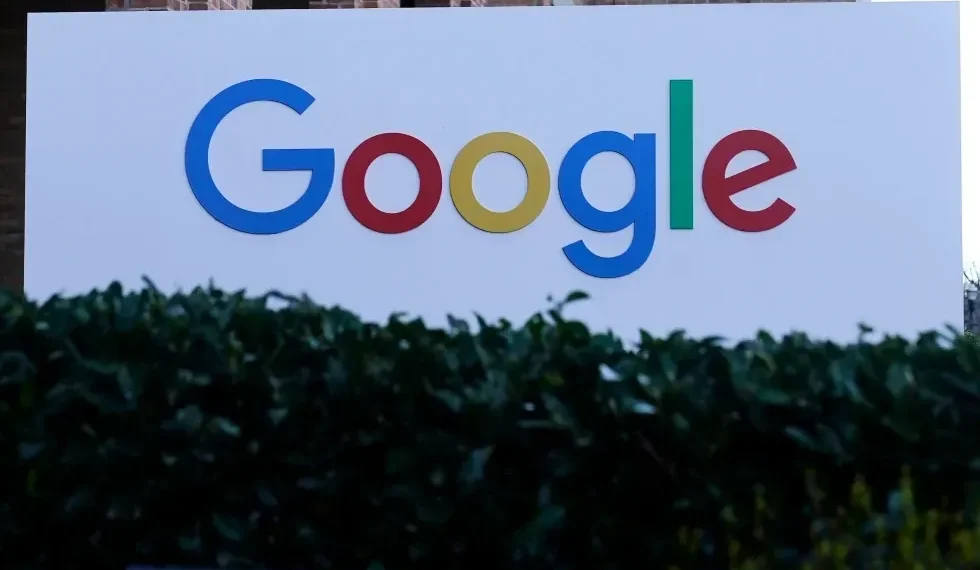Regulator Identifies Google’s Dominant Role in U.K. Search Advertising
Published: October 12, 2025, 21:45 EDT
Britain’s antitrust authority has officially designated Google as a “strategic” actor in the country’s online search advertising market, a move that could compel the tech giant to alter its business operations to foster fairer competition.
The decision by the Competition and Markets Authority (CMA) marks the first use of new powers introduced under the U.K.’s Digital Markets, Competition and Consumers Act, which came into effect earlier this year.
Designation Marks a New Regulatory Phase
In a statement released Friday, the CMA said its review concluded that Google holds “substantial and entrenched market power” in general search and search advertising. The watchdog added that the company’s influence places it in a unique position to shape market outcomes and competitive dynamics.
The “strategic market status” label, however, does not accuse Google of misconduct. Instead, it grants the CMA authority to impose “proportionate and targeted measures” to ensure that search services remain open to fair competition and that both consumers and advertisers benefit from a balanced marketplace.
Google Accounts for Over 90% of U.K. Searches
Online search advertising involves the paid listings that appear alongside Google’s organic search results, typically labeled as “Ad” or “Sponsored.” According to the CMA, Google commands more than 90% of online searches in the U.K., making it a gateway for over 200,000 British businesses that depend on Google Ads to reach potential customers.
The CMA said it would begin formal discussions with Google later this year to determine what remedies, if any, might be implemented.
No Immediate Interventions Announced
While the regulator has not yet proposed specific changes, potential measures previously outlined include offering users “choice screens” for rival search engines in products like the Chrome browser or Android mobile operating system.
Other possible remedies could involve ensuring non-discriminatory ranking of search results, mandating transparency in ad placement, and establishing a complaint resolution process for businesses that allege unfair treatment in Google’s advertising system.
Google Responds to New Oversight
In response, Google said it expected increased regulatory scrutiny as governments globally reassess the influence of major digital platforms.
“Many of the ideas for interventions that have been raised in this process would inhibit U.K. innovation and growth, potentially slowing product launches at a time of profound AI-based innovation,” Oliver Bethell, Google’s senior director for competition, wrote in a company blog post.
He added that certain proposals could “pose direct harm to businesses,” warning that compliance costs might force some advertisers to increase prices for consumers.
Broader Push for Digital Accountability
The CMA’s action comes amid a global trend of tightening oversight on Big Tech firms, as regulators seek to ensure competitive balance in digital markets dominated by a handful of companies.
The watchdog’s decision reflects growing concern that Google’s dominance in online search advertising could undermine smaller rivals and distort market access for new entrants.
Parallel Investigations into Apple and Google Ecosystems
Google is also the subject of a separate CMA inquiry, alongside Apple, to determine whether their respective mobile ecosystems should similarly be designated as having strategic market status.
A decision on that investigation is expected by October 22, 2025, and could further expand the regulator’s ability to impose legally binding requirements on how these companies operate in the U.K.
Path Forward for Competition Policy
The U.K. government’s updated digital competition rules are designed to give regulators more agile enforcement tools against tech monopolies, allowing them to act preemptively before markets become fully monopolized.
The CMA said it intends to collaborate with Google and other industry stakeholders in the coming months to explore “fair, proportionate, and innovation-friendly” solutions that maintain open competition.
For now, the agency has not indicated when specific regulatory measures might take effect.
A Global Regulatory Precedent
Analysts suggest the CMA’s move could serve as a test case for other jurisdictions, including the European Union and the United States, where regulators are also considering stronger frameworks to manage the influence of dominant digital platforms.
The U.K. watchdog’s decision underscores a growing international effort to rebalance power in the digital economy and ensure a level playing field for emerging competitors.
This article was rewritten by JournosNews.com based on verified reporting from trusted sources. The content has been independently reviewed, fact-checked, and edited for accuracy, neutrality, tone, and global readability in accordance with Google News and AdSense standards.
All opinions, quotes, or statements from contributors, experts, or sourced organizations do not necessarily reflect the views of JournosNews.com. JournosNews.com maintains full editorial independence from any external funders, sponsors, or organizations.
Stay informed with JournosNews.com — your trusted source for verified global reporting and in-depth analysis. Follow us on Google News, BlueSky, and X for real-time updates.














